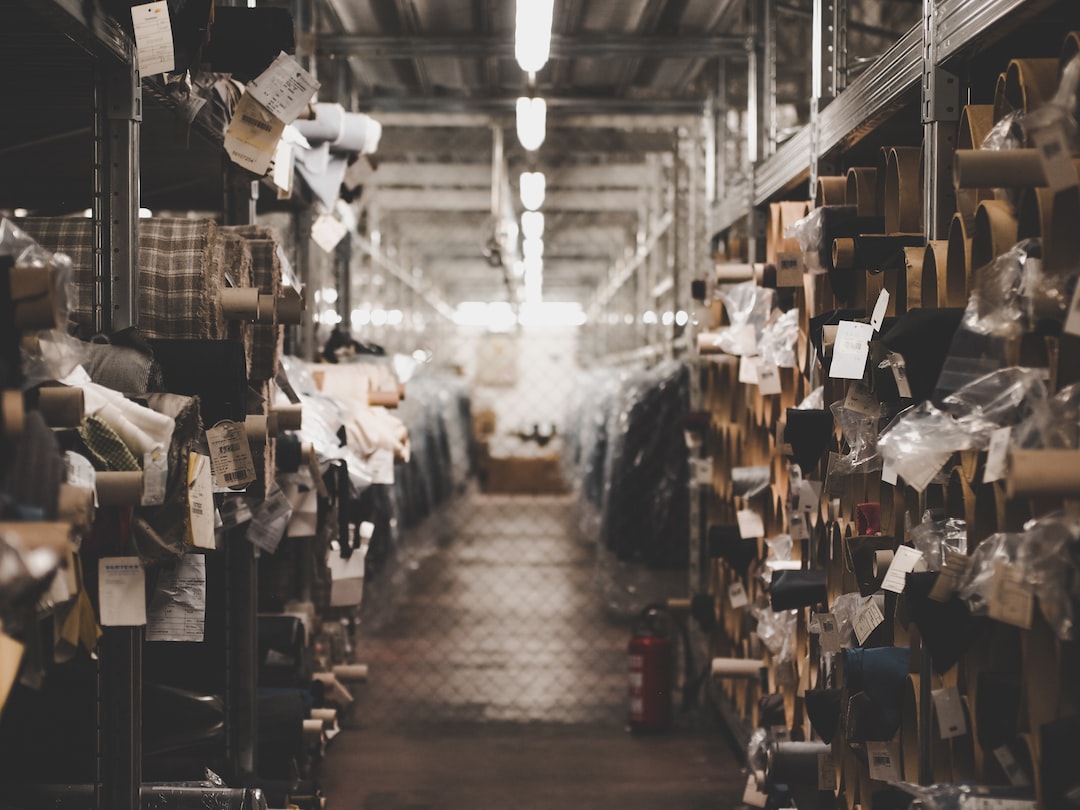Eco-friendly Packaging Solutions for Manufacturers
In recent times, the importance of environmental sustainability has become increasingly apparent. More and more people are conscious of their ecological footprint and are actively seeking ways to reduce their impact on the planet. With this growing concern, manufacturers are also recognizing the need to switch to eco-friendly packaging solutions.
The packaging industry has long been a significant contributor to environmental pollution. Traditionally, packaging materials such as plastic, polystyrene, and excessive use of paper have compromised the environment. However, as awareness about the impact of these materials grows, there is a rising demand for sustainable packaging alternatives that minimize waste and promote recycling.
One of the most prevalent and damaging packaging materials is plastic. Plastic products, especially single-use plastics, have a devastating impact on our oceans and wildlife. In response to this issue, many manufacturers are shifting towards biodegradable and compostable materials. These materials are designed to break down naturally over time, reducing their impact on the environment. For example, some companies are using biodegradable plastics made from renewable resources like cornstarch or sugarcane as an alternative to traditional plastic packaging.
Another eco-friendly packaging solution gaining popularity among manufacturers is the use of recycled materials. By using post-consumer recycled materials, manufacturers can reduce the demand for raw resources, lower energy consumption, and decrease waste accumulation. Materials such as paper, cardboard, and glass can be recycled multiple times, making them an excellent choice for companies looking to be more environmentally conscious.
Furthermore, innovative packaging designs are emerging as a way to reduce material usage. Manufacturers are exploring options such as lightweighting, where the packaging is made thinner or smaller without compromising its function. This helps to minimize the amount of material used, ultimately reducing waste production. Additionally, the use of compressed packaging, which involves compressing products to decrease their volume, saves space during transportation, reducing fuel consumption and carbon emissions.
In addition to material choices, manufacturers are also focusing on developing packaging solutions that are easier to recycle. For instance, packaging with separate components that can be easily disassembled allows for efficient recycling. Companies are also focusing on simplifying packaging designs by reducing the number of components and eliminating materials that cannot be easily separated during recycling processes.
Moreover, some manufacturers are adopting innovative and sustainable packaging solutions that go beyond traditional materials. For example, edible packaging, made from natural ingredients such as seaweed or plant fibers, is a novel approach to reducing waste. This type of packaging can be consumed along with the product, eliminating the need for disposal.
Furthermore, reusable packaging is gaining traction as a sustainable solution. By implementing reusable packaging, manufacturers can significantly reduce waste generation. This approach involves designing packaging that can be easily returned, cleaned, and refilled. For instance, some companies have started offering refillable containers for personal care and household products, reducing the need for single-use packaging.
Alongside these efforts, manufacturers are also working towards implementing sustainable practices in their supply chains. This includes optimizing transportation routes to minimize fuel consumption, utilizing renewable energy sources in manufacturing processes, and streamlining operations to reduce waste generation. By adopting a holistic approach, manufacturers can ensure that their entire production cycle is environmentally responsible.
While these eco-friendly packaging solutions present significant benefits, there are also challenges that manufacturers face in their implementation. Some of these challenges include the higher costs of alternative materials, potential changes to current packaging processes, and educating consumers about the importance of sustainable packaging choices. However, the long-term benefits for the planet and the growing demand for sustainable products make it increasingly necessary for manufacturers to overcome these obstacles.
In conclusion, eco-friendly packaging solutions are vital for manufacturers to adapt to the growing demand for sustainable products. By adopting biodegradable and compostable materials, utilizing recycled resources, reducing material usage, and exploring innovative packaging designs, manufacturers can play a crucial role in minimizing environmental pollution. Additionally, integrating sustainable practices in their supply chains further reinforces their commitment to preserving the planet and meeting the expectations of eco-conscious consumers. It is imperative for manufacturers to proactively embrace these eco-friendly packaging solutions and contribute to a greener future.

